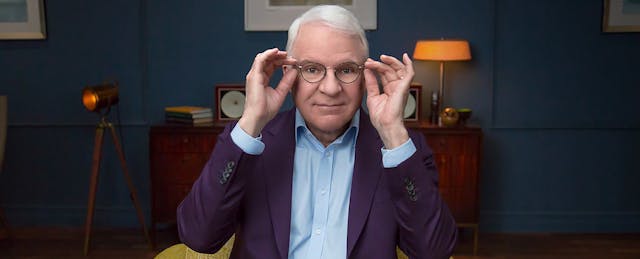Who better to learn from than the experts? That’s the guiding idea behind San Francisco-based MasterClass, an online education platform that allows users to learn tennis from Serena Williams, practice acting with Kevin Spacey, and sharpen their cooking skills with chef Gordon Ramsay.
The website’s collection of courses and A-list instructors—which includes the likes of Shonda Rhimes and Steve Martin—could soon expand, thanks to the $35 million MasterClass recently secured in a Series C funding round led by IVP. Existing backers New Enterprise Associates, Javelin Venture Partners, Bloomberg Beta, Advancit Capital, Novel TMT, Yan-David Erlich, and Matthew Rutler of MX Investments also contributed. The round brings the company’s total fundraising to $56.4 million.
With the added funds, CEO and co-founder David Rogier says the company plans to increase its now 50-person staff to nearly 100, and double its number of available courses (which cost $90 each) from 15 to at least 30.
Rogier says his team will also be working to expand interactive features within the courses. For instance, in a singing class taught by Christina Aguilera, a user signs into their computer and see what note he or she is hitting.
Activities and direct interaction with the professor, called “office hours,” vary by course. Some, like a music scoring class taught by Hans Zimmer, have involved live Q&A’s. For others, instructors will take a look at students’ work and critique examples with the class. However, without an enrollment cap, Rogier explains, the celebrities aren’t going to be grading papers.
Though MasterClass primarily features courses on entertainment skills at the moment, Rogier says he envisions a future for the company where classes focus on academic arenas, too, like business or science. “My dream would be to have a class taught by Stephen Hawking,” he says.
Still, the CEO is also quick to draw a line between MasterClass and other major online course providers, like Coursera and edX. “Most MOOCs have started in the academic areas, or take a physical class and put it on the web,” he says. “We intentionally didn’t start there.”
They differ in more ways, though. MasterClass also isn’t free, unlike many MOOC providers. And courses, which come with about 5 to 12 hours worth of video lectures and activities, can be taken on a rolling basis (meaning they don’t start and end on any particular schedule) and at a student's own pace.
The problem with traditional MOOC providers, he says, is a lack of engaging production and quality. So instead of starting at a university, Rogier gathered inspiration from a place where many students spend their time outside of the classroom: Netflix.
“I binge watch things on Netflix. Why can’t we get someone who works on those shows to work on online classes?” he asks. “An online academic class can be as engaging and shot with as much care and attention as a television show.”
While MasterClass doesn’t yet offer any micro-credentials or nanodegrees, it may be helping leverage student success in a different way: exposure. That was the case for one student, Kecia Bal, who won a contest through James Patterson’s writing class. As a reward, Bal co-wrote a book, The Dolls, with the award-winning author.
“The hard part about being a writer is getting a foot in the door,” says Rogier. “We want to do more things to help our students evolve.”


